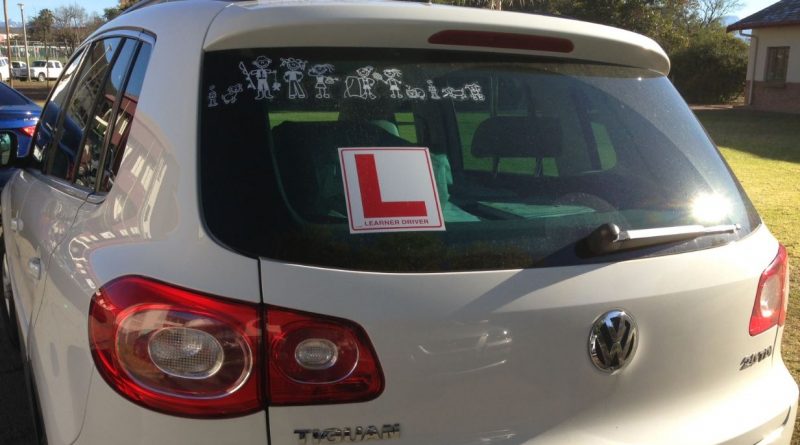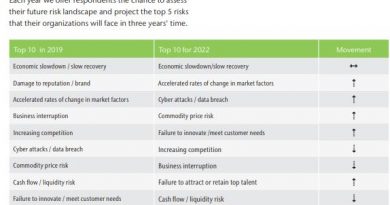Car insurance premiums: what affects them?
When you buy a new car, one of the first things you have to do is look for insurance. Car insurance is vital in protecting what is probably your most valuable asset because in life there are few certainties when it comes to possessions. And when it comes to protecting your vehicle you need car insurance. Premiums can be affected by a number of factors, including your age, your geographical location, and how long you have been driving for.
This might seem a little unfair, but if you want comprehensive insurance with both accident cover and service cover, many aspects of your finances and life have to be taken into account. This is because the insurance providers have to ascertain your risk profile and charge you premiums accordingly. Below are just some of the ways in which insurance premiums are affected.
Your demographics
Demographics involve your geographical region, your age, your marital status, how long you have been driving for, your gender and your employment status. All of these details will tell the insurance provider what type of risk profile you have, allowing them to craft premiums to best suit your budget and means.
Knowing your financial status helps car insurance companies to ascertain the likelihood of claims that will be made on your policy, as well as whether or not you are able to make the monthly repayments. You will be asked to fill in an application form and provide documentation such as three months of payslips, proof of residence and even a marriage certificate if you are interested in more comprehensive car insurance.
Your credit score
Applying for any form of finance or insurance cover involves looking into your credit score and history. And while this might seem intrusive, it is a way for the insurers to have peace of mind that you are willing and able to make regular repayments for the duration of your loan and insurance term.
Lower credit scores will mean that your car insurance quotes have higher premiums. In order to improve your credit score, you should try to repay as much debt as possible and maintain good financial standing by not taking out any more loans that you cannot afford. Be sure to pay more than the suggested amount so that your debt is repaid faster. This will reflect positively on your credit rating.
Your driving experience
Whether you choose long- or short-term insurance, the premiums that you pay will be affected by how long you have been driving for. Inexperienced drivers certainly pose more risk, and this includes anyone who has been driving for less than five years, whether you are 18 or 80. Insurance companies look at the likelihood of you being in an accident as opposed to your confidence as a driver.
Younger drivers will likely pay higher premiums, as they pose the biggest risk to insurance companies. But, if you have only had your licence for two years at age 40, you will also pay a higher premium. Your age does play a factor here, which means that older people with new licenses will not suffer as much as new drivers fresh out of Matric. Be sure to look at the terms and conditions of your insurance when it comes to age and experience.
Who is the regular driver?
Having a regular driver on your insurance is important. And depending on who it is, this will also have an effect on your insurance premiums. The personal details and demographics of this person will be looked at, especially if you want to apply for a third party, fire and theft insurance option.
The regular driver can be listed as your child, your partner, your parent or even a sibling. The most important aspect of this is that their details are given correctly. If they are not, you might be unable to make a claim should something happen to your car. As with your demographics, the demographics of the regular driver will affect the insurance premiums, so be sure to think carefully about who you choose as your regular driver.
The safety rating of your car
A car that has a high safety rating has a lower chance of being broken into and there is less of a risk of you getting into an accident. It also means that, if you are in an accident, the car and the people in it will not be as damaged or injured by the crash.
Be sure that your car has safety measures like as airbags, a seat belt warning system, ABS and a rearview camera for reversing in order to ensure lower premiums. If you are buying an older model car, ask what safety features are included and whether or not some can be added onto the car. Having a safe car is not only beneficial for your insurance premiums but also for those who will be driving your car and for your passengers.




